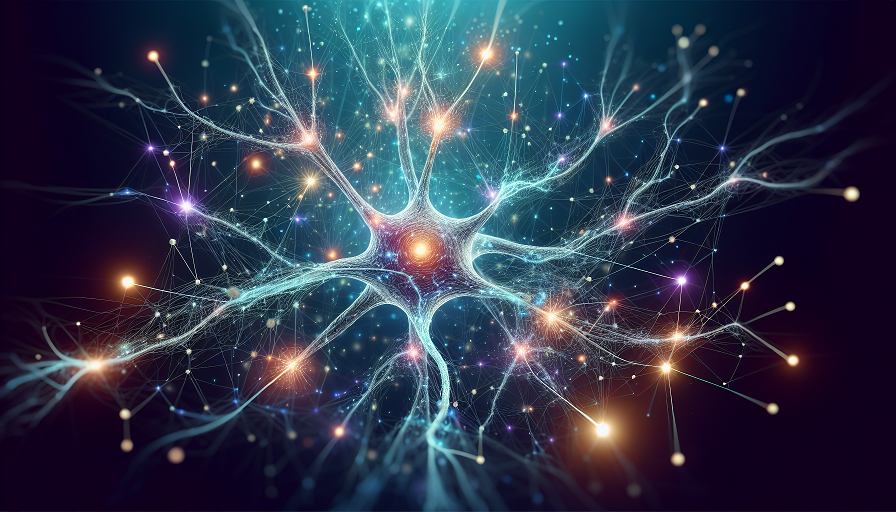
Imagine piecing together a puzzle where every move hinges on finding balance—a perfectly mirrored pattern or a shape that slots into its reflection. Puzzles involving symmetry aren’t just visually satisfying; they’re a mental workout that hones spatial awareness, problem-solving, and creativity. Whether you’re arranging tiles or completing geometric challenges, the brain gains incredible benefits from engaging with symmetrical puzzles.
Contents
Understanding Symmetry and Spatial Awareness
Symmetry, the balanced arrangement of elements, plays a key role in how we perceive and interact with the world. Spatial awareness is the ability to understand objects in relation to oneself and each other. When combined in puzzles, these concepts create powerful cognitive exercises.
What is Symmetry in Puzzles?
Symmetry in puzzles involves patterns that are identical on both sides of an axis or around a center point. This can include mirror symmetry, rotational symmetry, and translational symmetry. Recognizing and creating these patterns challenges your visual-spatial reasoning.
The Link Between Symmetry and Spatial Awareness
Spatial awareness depends on understanding proportions, angles, and dimensions. Symmetrical puzzles require you to mentally manipulate shapes, predict their positions, and maintain balance—all of which strengthen this cognitive skill.
Why Symmetry Appeals to the Brain
The human brain is wired to recognize symmetry. It’s a hallmark of beauty in art and nature, and our minds instinctively find symmetrical patterns pleasing. This innate attraction makes puzzles involving symmetry both engaging and rewarding.
How Symmetrical Puzzles Strengthen Spatial Skills
Tackling symmetrical puzzles builds a range of spatial skills that are crucial for tasks like navigating, assembling, and even creative pursuits. Here’s how these puzzles work their magic.
Enhancing Mental Rotation
Symmetrical puzzles often require rotating objects in your mind to fit a pattern. This practice enhances mental rotation skills, helping you visualize objects from different angles—a vital ability in everything from driving to playing sports.
Improving Spatial Memory
Remembering where pieces belong or how patterns align strengthens spatial memory. This type of memory is essential for activities like reading maps, organizing spaces, or packing efficiently.
Refining Visual Discrimination
Spotting differences or matching shapes to their symmetrical counterparts sharpens visual discrimination. This skill helps you notice subtle variations, whether you’re proofreading a document or identifying objects in a crowded scene.
The Cognitive Benefits of Symmetry Puzzles
Beyond spatial awareness, symmetrical puzzles offer broader cognitive benefits. They challenge your brain in ways that improve overall mental agility and problem-solving abilities.
Boosting Problem-Solving Skills
Solving symmetrical puzzles involves breaking down complex patterns into manageable parts. This analytical thinking builds problem-solving skills that transfer to everyday challenges, from troubleshooting tech issues to planning a project.
Encouraging Perseverance
Symmetrical puzzles can be tricky, but their structured nature rewards persistence. Each correct piece or pattern builds confidence, teaching you the value of patience and persistence.
Activating Creativity
While symmetry is about balance, solving these puzzles often requires thinking outside the box to complete patterns. This creative problem-solving fosters innovation and lateral thinking.
Applications of Symmetry Puzzles in Daily Life
The skills developed through symmetry puzzles don’t stay on the puzzle board—they have real-world applications that enhance various aspects of life and learning.
- Improved Navigation: Enhanced spatial awareness helps with reading maps, estimating distances, and orienting yourself in unfamiliar places.
- Better Hand-Eye Coordination: Arranging puzzle pieces improves the brain’s ability to synchronize vision and movement.
- Enhanced Design Skills: Architects, graphic designers, and artists often rely on symmetry to create visually appealing work.
- Sharper Observation Skills: Recognizing patterns and differences improves attention to detail, useful for tasks like editing or diagnostics.
Symmetry Puzzles and Brain Training
Symmetry puzzles are a great addition to any brain-training regimen. Pairing them with nootropics—brain supplements that support memory, focus, and cognitive flexibility—can further amplify their benefits. This combination ensures that your brain stays sharp and adaptable.
How to Get Started with Symmetrical Puzzles
If you’re ready to experience the benefits of symmetrical puzzles, start with these steps to build your skills and enjoy the process.
- Choose Beginner-Friendly Puzzles: Start with simple designs, like symmetrical jigsaw puzzles or matching games, before moving on to more complex challenges.
- Experiment with Different Types: Try a variety of puzzles, such as mandala designs, tangrams, or symmetrical drawing exercises, to keep your brain engaged.
- Set Aside Time for Practice: Dedicate 15–30 minutes a few times a week to work on puzzles and notice the gradual improvement in your spatial awareness.
- Work in Groups: Solving puzzles with friends or family adds a social element, making the activity more enjoyable while promoting teamwork.
- Track Your Progress: Keep a record of the puzzles you complete and reflect on how your skills improve over time.
The Brain-Boosting Power of Symmetry Puzzles
Puzzles involving symmetry are more than a way to pass time—they’re a dynamic tool for improving spatial awareness, cognitive skills, and problem-solving abilities. By engaging with these challenges, you’re training your brain to think critically, adapt creatively, and navigate the world with confidence.
So the next time you sit down with a puzzle, remember: you’re not just solving patterns; you’re strengthening your mind. And who wouldn’t want a brain as sharp as their puzzle-solving skills?

